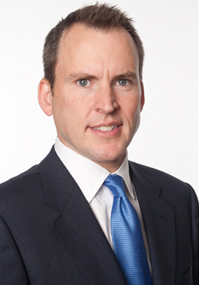Sterling Hill, BHP & Finance ’13 spent the spring semester in Washington D.C. participating in the Archer Program. The Archer Program brings UT students to D.C. to allow them to experience working in government and[…]
Month: October 2012
Four Recent Alums Share Experiences in Dell Development Programs
The BHP is pleased to have Dell as a corporate partner this year. Dell has employed many BHP alumni over the years. BHP alumnae Casey Lehmann has worked there two years and says, “It is[…]
COO of Southwest Airlines Mike Van de Ven Shared Advice with BHP Students
Mike Van de Ven spoke to students this week in the BHP Lyceum Course. Van de Ven is the Executive Vice President and Chief Operating Officer of Southwest Airlines. He joined Southwest in 1993 as[…]
Michael Massetti of AMD Shared Insight Into the World of Supply Chain Management
Michael Massetti, Corporate Vice-President of Supply Chain for Advanced Micro-Devices (AMD), gave the BHP sophomores a taste of the infinite number of variables that go into supply chain management during his visit to the BHP[…]
Alumni Spotlight: John Honts – Senior Managing Director for Evercore Partners
In his role as Senior Managing Director for Evercore Partners in New York, John Honts, BHP ’92, has been involved in numerous merger and acquisition deals over the years. Evercore has carved out a position[…]

